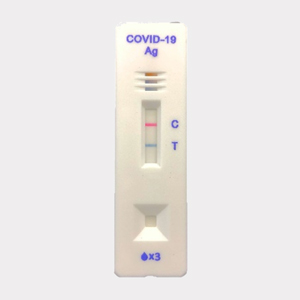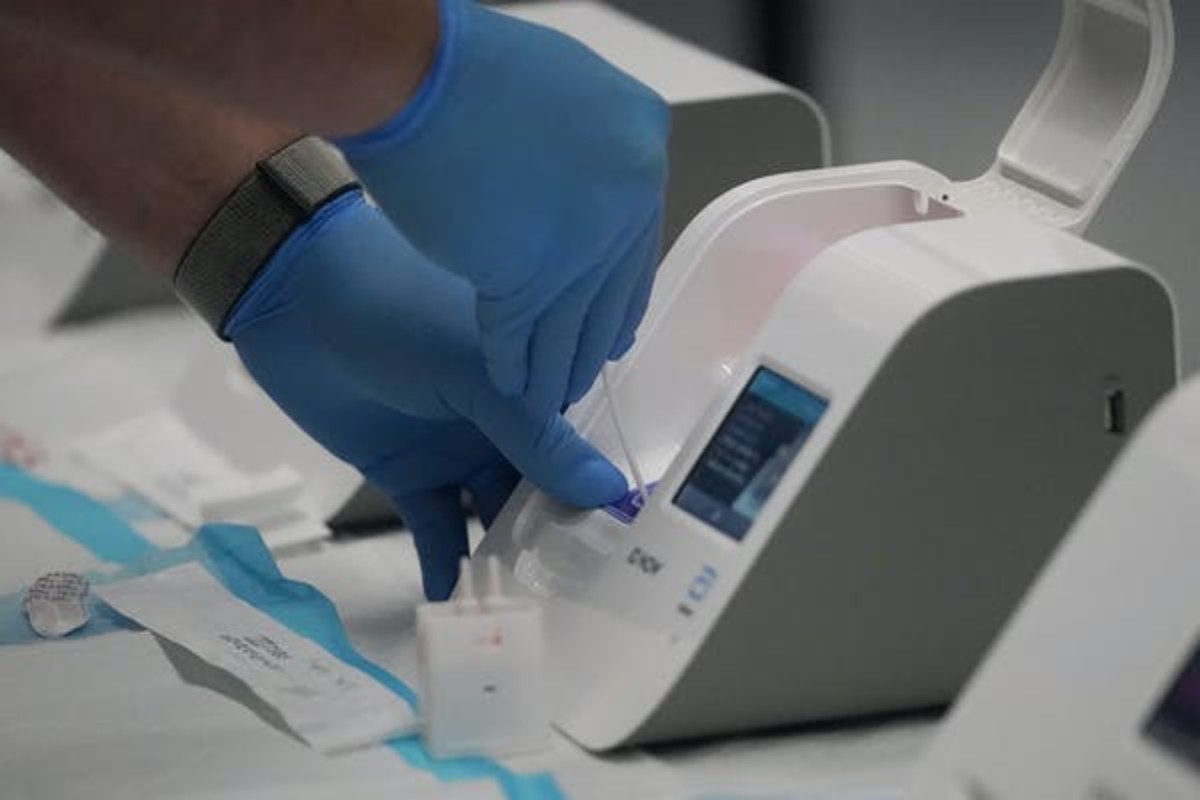


Information about SARS-CoV-2 immunity could become more important in coming months and years, as the world learns to live with COVID-19. The vaccine was approved based on limited information on monkeypox in people-and it’s now given in a different way in order to stretch supply-so being able to easily track antibodies in vaccinated people will give scientists a better understanding of efficacy and how quickly people become protected. That means the test can also be used to measure monkeypox antibodies and provide doctors with valuable information about how well the vaccine, Jynneos, is working, Arroyo says. “We wanted to innovate a way that would not only impact this pandemic but future epidemics or pandemics as well,” says Arroyo. The researchers are exploring ways to make the test even more accessible by using other samples such as saliva or swabs of the mouth, which also contain antibodies.Īnother big advantage of the system is that it’s generalizable to any infectious agent the scientists just need to change the target to which the sugar binds. In the first version, the group used blood samples, but ultimately, a finger prick of blood was sufficient for the test, Arroyo says. “The idea of using a glucometer immediately came to mind,” he says.Īrroyo and other Johns Hopkins researchers got to work developing a protein that would stick to COVID-19 antibodies and could be placed on a test strip, then creating a way for a glucometer to read the test strip. As the pandemic unfolded in 2020, testing was slow and cumbersome, leaving public-health officials blind to how much virus was circulating and how much immunity people were developing. Arroyo was inspired to develop the system after remembering a 2011 paper he read as a graduate student in 2014 describing a similar system.


 0 kommentar(er)
0 kommentar(er)
